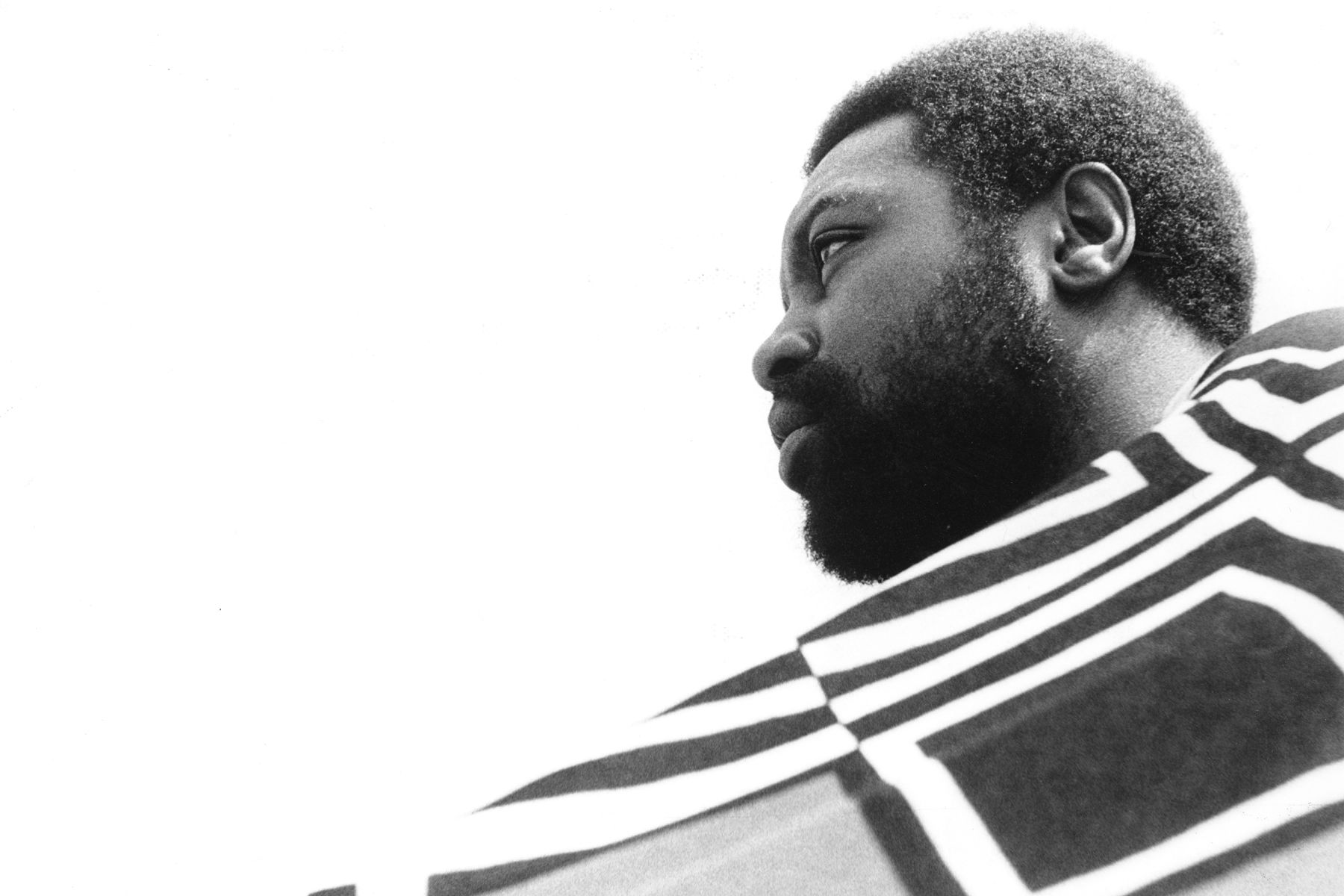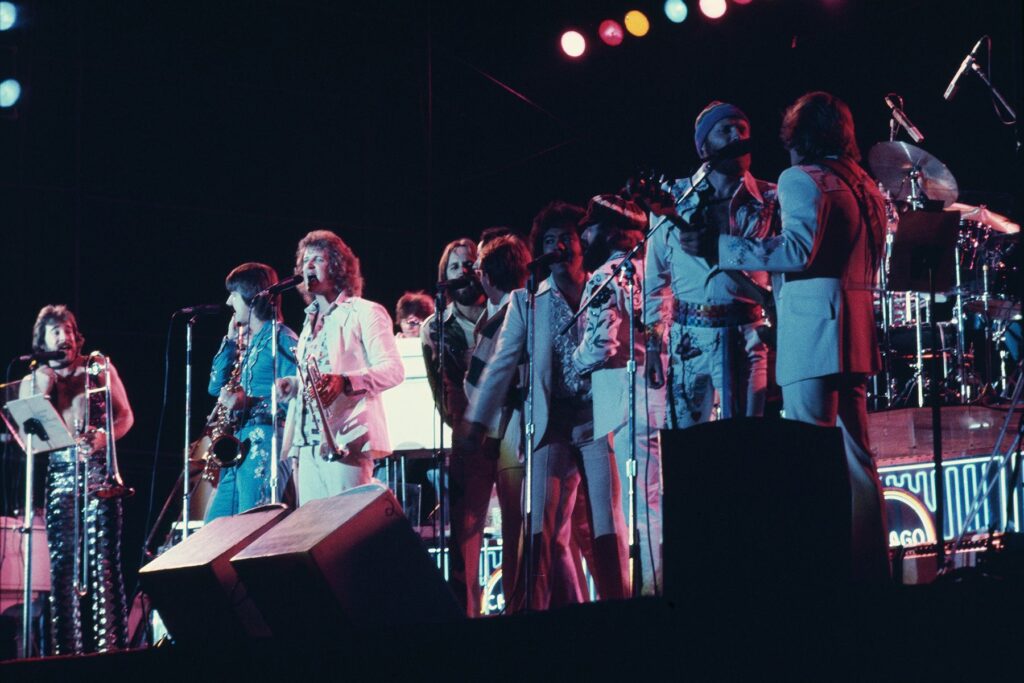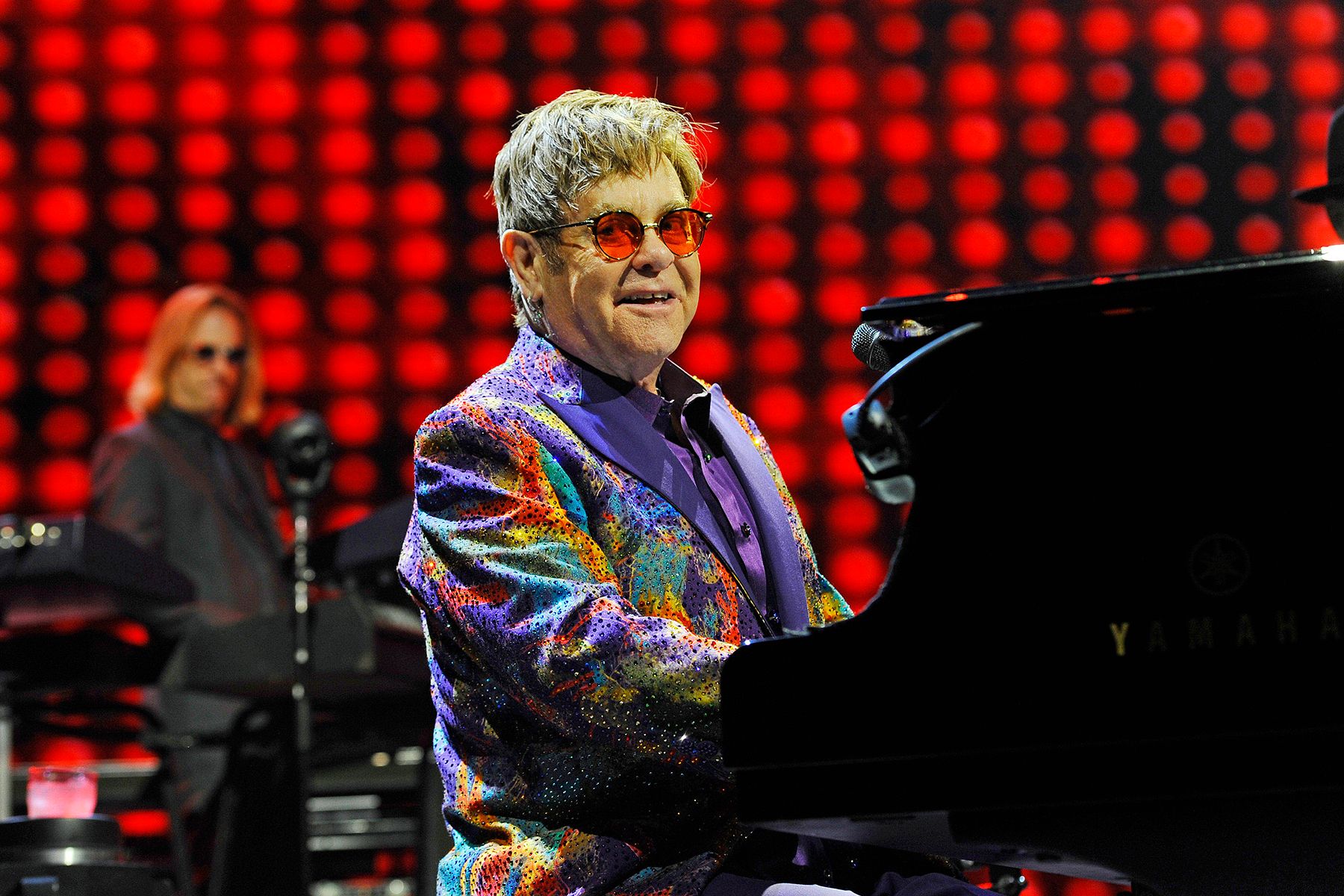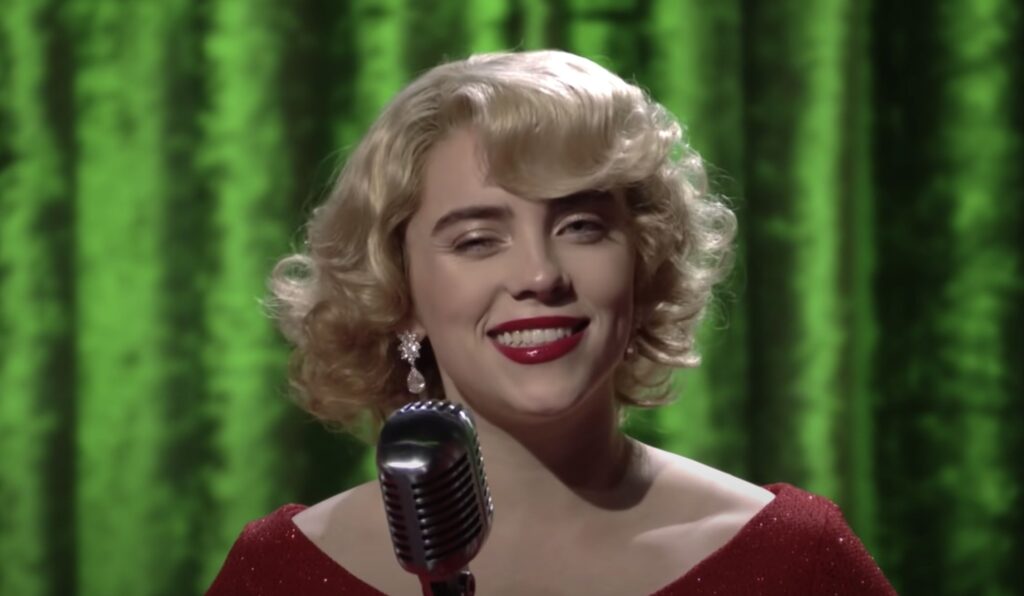
Eugene McDaniels’ Soul Classic ‘Headless Heroes of the Apocalypse’ Gets 50th Anniversary Reissue
Eugene McDaniels’ influential and endlessly sampled soul classic Headless Heroes of the Apocalypse is set for a 50th anniversary reissue this summer.
Released on Atlantic in 1971, the politically and socially incisive album — championed by Questlove and Prince and sampled by artists like A Tribe Called Quest, Beastie Boys and Eric B & Rakim — will receive its first official vinyl U.S. release since it arrived 50 years ago when Real Gone Records reissues the LP on July 9th. The purple vinyl reissue, cut from the original master and limited to 1750 copies, is available to preorder now.
The 50th anniversary reissue was curated by McDaniels’ widow Karen McDaniels, who commissioned new artwork for the interior of the gatefold. The liner notes include tributes by Vernon Reid, Adrian Younge, Chicano Batman, Aloe Blacc and the album’s late drummer Alphonse Mouzon, handwritten lyrics, an essay by Duke professor Mark Anthony Neal and McDaniels’ unpublished “Liner Notes” from 1968.
Younge wrote of the singer, “Eugene McDaniels was a genius. His spirit will always be alive within the black canon of music. Albums like Headless Heroes is a quintessential example of his profound abilities to test the boundaries of music, its meaning and its purpose.”
As Neal’s essay states of the album’s enduring influence, “Years after its release, Headless Heroes of the Apocalypse remains one of the most blatantly political musical tomes ever released commercially by a major label. The album contained critiques of blue-eyed soul (‘Jagger the Dagger’), examined the phenomenon of ‘shopping while black’ (‘Supermarket Blues’) — years before ‘racial profiling’ entered into the national lexicon — and the futility of race hatred (‘Headless Heroes’). ‘The Parasite’ was McDaniels’ most stinging critique though, as he gets at the root of American Imperialism and its relationship to the genocide of America’s native populations.”
McDaniels died in July 2011; his son Christopher Max recently featured in Rolling Stone’s oral history of the Soul Glo ad in Coming to America as the vocalist on the iconic faux-commercial.




